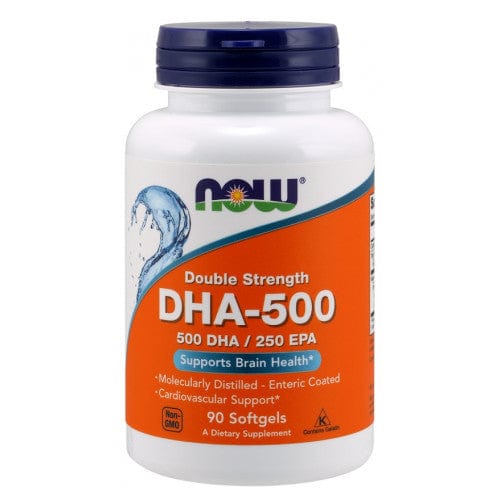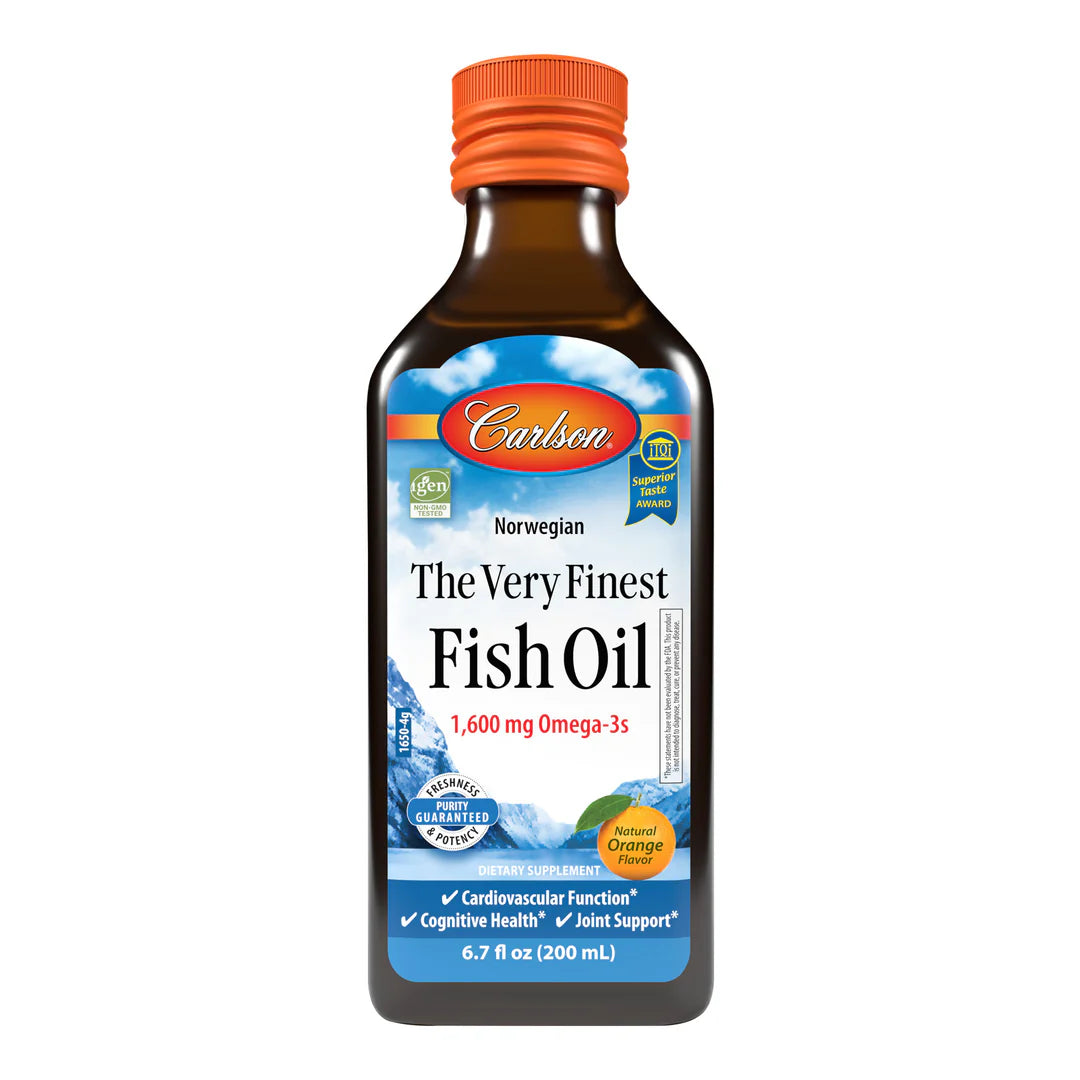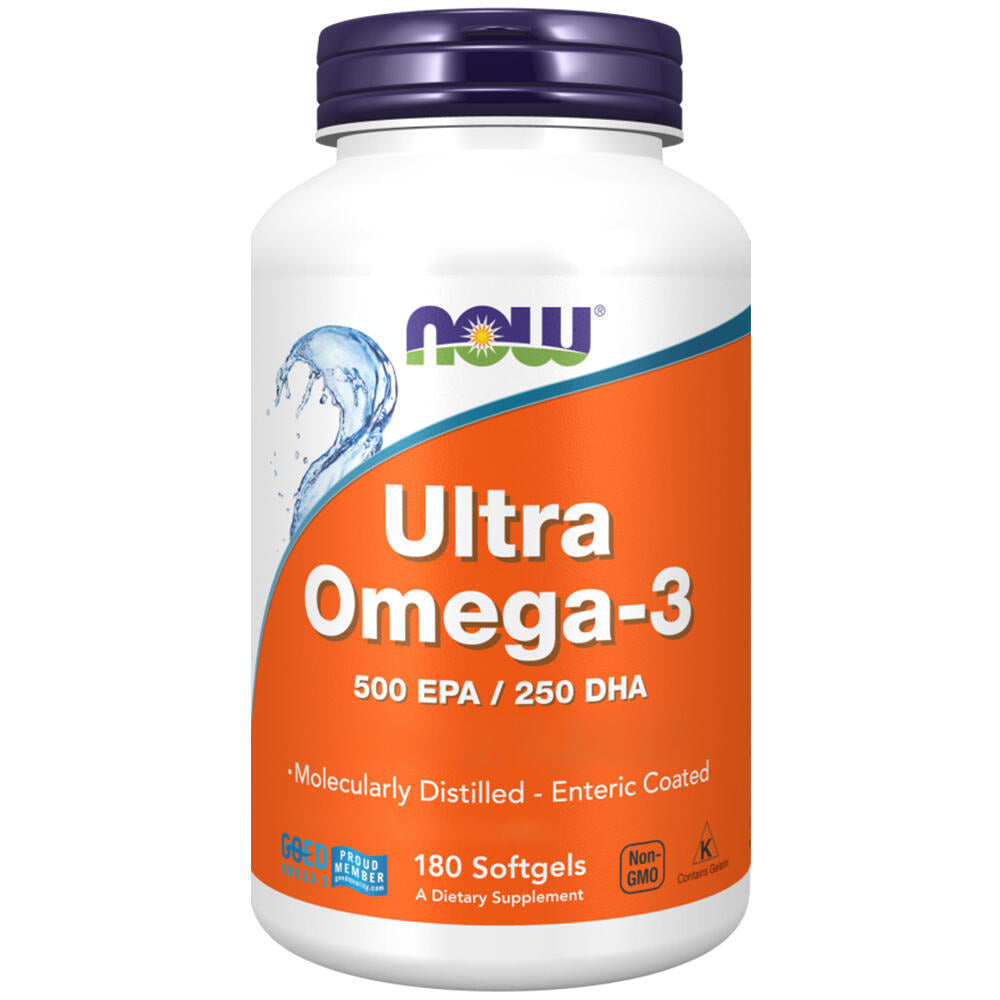Fish Oil & Omegas (EPA DHA)
Omega-3 Fatty Acids - EPA DHA
Omega-3 fatty acids are essential fats that have numerous health benefits.
However, not all omega-3s are created equal. Among 11 types, the 3 most important are ALA, EPA, and DHA.
ALA is mostly found in plants, while EPA and DHA are mostly found in animal foods like fatty fish.
Omega-3 deficiency is associated with lower intelligence, depression, heart disease, arthritis, cancer, and many other health problems
EPA (eicosapentaenoic acid)
EPA is an omega-3 fatty acid that can reduce symptoms of depression and help fight inflammation in your body.
Your body uses eicosapentaenoic acid (EPA) to produce signalling molecules called eicosanoids, which play numerous physiological roles and reduce inflammation
Chronic, low-level inflammation is known to drive several common diseases
Various studies indicate that fish oil, which is high in EPA and DHA, may reduce symptoms of depression.
One study in menopausal women noted that EPA reduced their number of hot flashes
DHA (docosahexaenoic acid)
DHA is very important for brain development and may protect against heart disease, cancer, and other health problems.
Fortifying baby formula with DHA leads to improved vision in infants
DHA is vital for brain development and function in childhood, as well as brain function in adults.
Early-life DHA deficiency is associated with problems later on, such as learning disabilities, ADHD, and aggressive hostility
A decrease in DHA in later life is also linked to impaired brain function and the onset of Alzheimer’s disease
DHA may have positive effects on certain conditions, such as arthritis, high blood pressure, type 2 diabetes, and some cancers
What’s more, it can boost heart health by reducing blood triglycerides and possibly your number of LDL (bad) cholesterol particles
Note: This does not constitute medical advice, always consult your GP if you are concerned about your health.

NOW Foods DHA-500 / EPA-250 – 90/180 Softgels
From
€ 32.95 EUR
Regular price
€ 34.95 EUR

Carlson Very Finest Fish Oil – Natural Orange 500 ml | Probiotic.ie
€ 54.50 EUR
Regular price
€ 59.95 EUR

NOW Foods Omega-3 180 Softgels | Food Supplement | Fish Oil Softgels
€ 48.95 EUR
Regular price
€ 49.95 EUR
